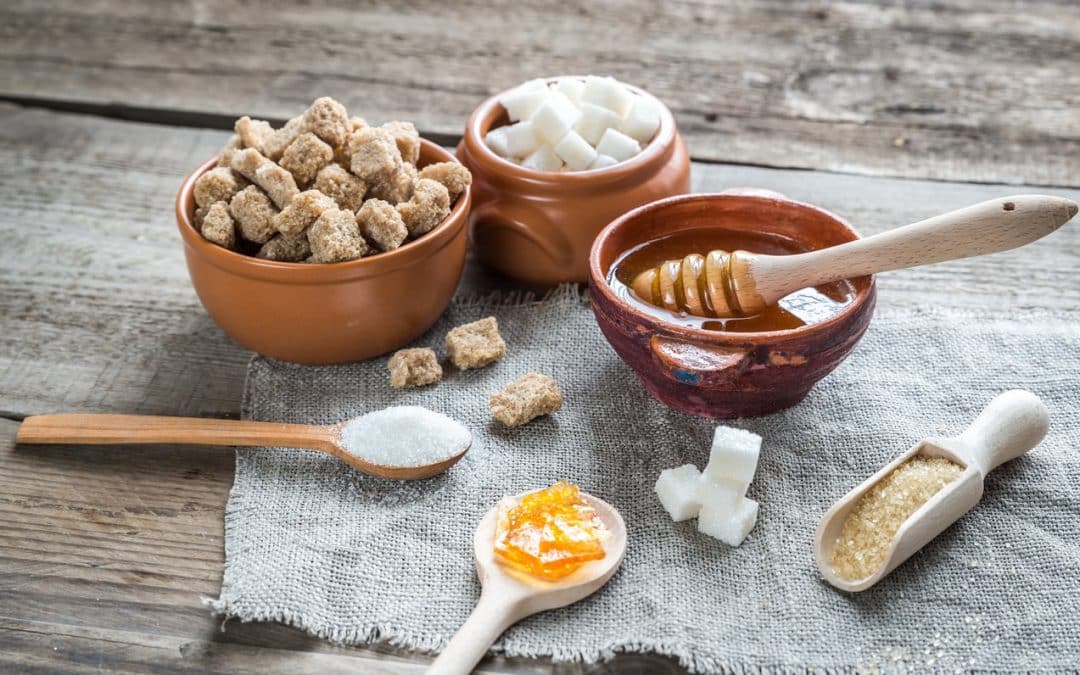Health Beliefs
You may have read the recent article by Vice, “The Most Overhyped Wellness Promises, Debunked.” This article went through dozens of common health beliefs, and “debunked” them as only myths. While some were true, there were a few that, based on research pointed out by Ben Greenfield Fitness and our own independent research, were false. So, we thought we would list a few common health beliefs and go over some of the research, truth, and facts behind those beliefs.
Is It True?
1.) “Himalayan salt is better for you than table salt.” National Geographic cites a study published in the journal Environmental Science & Technology., when they state that 90% of table salts include microplastics. That equals out to adults consuming approximately 2,000 microplastics per year through salt. While it is still unknown if microplastics are harmful, its understandable why we would look for a healthier alternative. However, despite popular health beliefs, Himalayan salt is not a better choice. It has a trace mineral content of about 4%, which is not enough to make a difference in your health. Some Himalayan salts tested also included small amounts of radium, uranium, polonium, and thallium. When it comes to salt, though, what should you choose? We agree with Ben Greenfield, as he suggests Celctic sea salt. It is more pure, has fewer impurities, and is more easily digestible.
2.) “Natural sugars, like coconut sugar or agave syrup, are better for you than refined sugar.” We’ve covered the difference between natural sugars and refined sugars in a pervious blog post, here. Sugar is a tricky topic, and there is not an easy “true” or “false” answer to this belief. The most popular refined sugars are white table sugar and corn syrup or high-fructose corn syrup. Both of these are heavily processed, have high glycemic indexes, and contain little to no essential nutrients. Agave syrup is actually processed in a similar way to white table sugar and corn syrup. In its raw form, the sap contains healthy fiber like fructans, which are linked to beneficial health effects, but they are destroyed during processing. Agave syrup does contain more fructose than glucose, giving it a low glycemic index.
If you had to choose a sugar, coconut sugar would be better for you than the above mentioned sugars. As stated by Medical News Today, It has a similar look and feel to unprocessed saw sugar and it has a relatively low glycemic index score of 35-40. It also contains far more nutrients, including iron, zinc, and calcium. In addition, 100g of coconut sugar contains 625mg of potassium and 125 mg of sodium. Keep in mind that consuming too much of any sugar can lead to health issues, so always be mindful of how much you consume.
3.) “Apple cider vinegar has numerous health benefits.” We had to include this one because we are sure everyone has heard of at least one reason to use apple cider vinegar. While most reasons, such as to whiten your teeth, have not been backed by research, there are studies that support some health benefits of apple cider vinegar. As cited by Cynthia Sass, MPH, RD, a study published in Diabetes Care, found that apple cider vinegar helped regulate blood sugar for those with type 2 diabetes. She also cites a study published in the Journal of Agriculture and Food Chemistry that discovered mice fed apple cider vinegar had up to 10% less body fat than the control mice. Additional research also shows that apple cider vinegar aids in digestive health, helps regulates kidney function, and serves well as an antibacterial.
Cynthia Sass, MPH, RD, does state to use caution when using apple cider vinegar and not to consumer too much. She recommends diluting it in water with organic honey and lemon juice, or using it in healthy salad dressings.
It is also a good idea to talk to your doctor before making any big changes to your eating habits or lifestyle! Click here to learn more!



